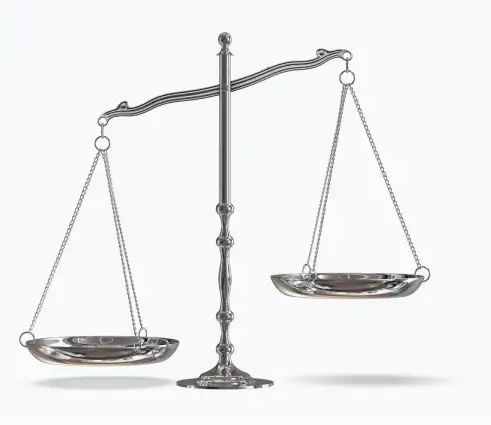Information is one of the most valuable assets today, and its unlawful disclosure can cause significant damages to financial position and reputation of a person. Thus conclusion of non-disclosure agreement (NDA) becomes more common recently. The agreement prohibits one party to use or distribute certain information received from the other party illegally, in other words the party who has access to confidential information undertakes to protect it as his/her own, or at least implement all necessary measures to preserve and protect it. Further it goes about what should not be forgotten during the NDA conclusion and with lack of which provisions NDA will not be able to protect you properly.
First of all, it is worth mentioning that the non-disclosure agreement can be concluded in any area (for example, when providing services in the field of information, during copyright creation, or employment contract conclusion, etc.), with different range of people – counterparties, employees, customers and others. Such agreement can be unilateral or mutual, i.e. one or both parties can undertake an obligation not to disclose information, depending on the above mentioned circumstances in every particular situation. NDA can be a part of a main contract (e.g. contract on services provision) or be implemented as a separate agreement. Another possible option is to include some general provisions into the main contract and conclude a separate detailed non-disclosure agreement.
One of the key elements of the NDA is determination of confidential information which shall not be disclosed, to whom it belongs and from which moment, in what way a person could have got an access to it, and provision of some specific examples of confidential information in order to make it more detailed. Retrospective aspect should be taken into consideration, as confidential information could have been transferred to the counterparty before the NDA conclusion. Indication of some exceptions when information is not deemed confidential is admissible (for example, if such information has already been in public domain or was lawfully and independently obtained by the other party before the NDA conclusion).
The agreement should also contain provisions that specify which use of confidential information is permitted (e.g., exclusively for the purpose of services provision, prescribed by the relevant contract between the parties), and the conditions under which the use of confidential information may be permitted (e.g., at the request of public authorities or with a counterparty’s prior written consent). NDA should also stipulate sanctions in the event confidential information is implemented in any other way. They can differentiate depending on the importance of unlawfully disclosed information, as well as on the individual’s income. However, such sanctions have to be specified.
Determination of the term during which parties (or one of the parties) are obliged not to disclose information is of the same importance. Usually it is not limited to the period of the main contract validity and lasts for some time after its termination. This period is determined by considering the expected period for which such confidentiality is really necessary, as society, technologies, science are constantly developing and confidential information may eventually lose its relevance and not require further legal protection. In addition, it is recommended to distinguish confidential information and trade secret, as in some cases trade secret can require significantly longer legal protection. Coca-Cola secret ingredients are one of the most famous examples of trade secret.
Requirement to return confidential information is an important provision of the non-disclosure agreement, which means the return of all carriers containing confidential information, and/or destruction of confidential information held in private electronic resources or in other carriers of another party. Such actions may be envisaged after termination of the main contract.
Moreover, the non-disclosure agreement may prescribe so-called “template” provisions related to dispute settlement. They can provide, for example, that all disputes between the parties should be resolved by negotiations. In case no agreement is reached the parties retain the right to apply to the appropriate court or to arbitration.
Considering that Ukrainian legislation provides freedom of contract, which extends to the definition of its terms, NDA may contain a lot of other provisions which aim to protect one of the most valuable resources – information (including non-compete and/or non-solicitation clauses). Please contact us to create an NDA template which will meet all your specific requirements and correspond your needs and interests.]]>



